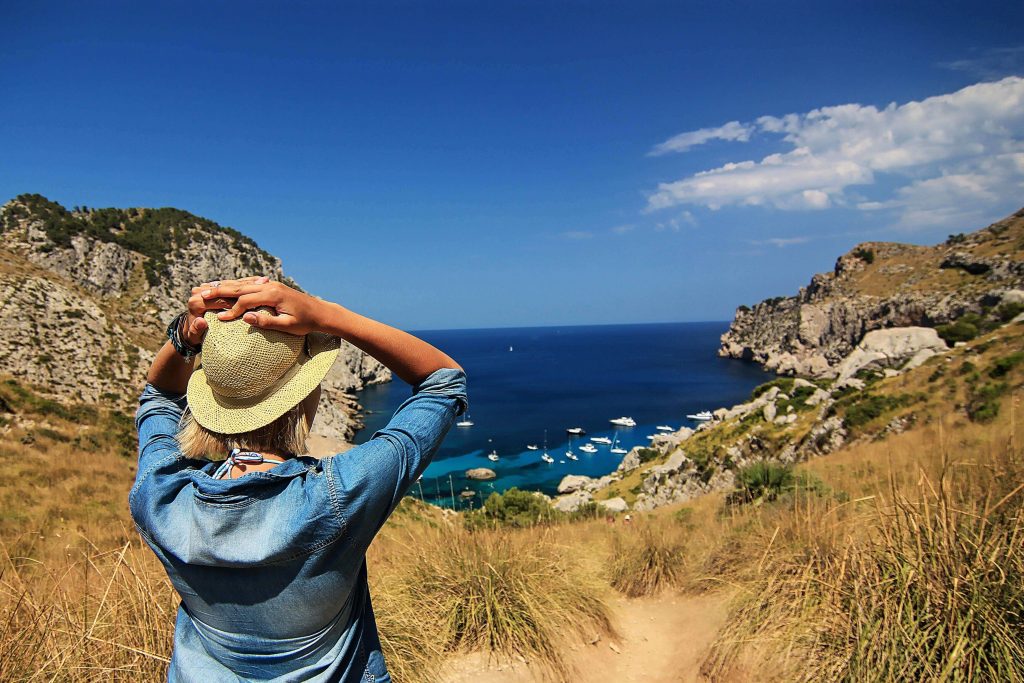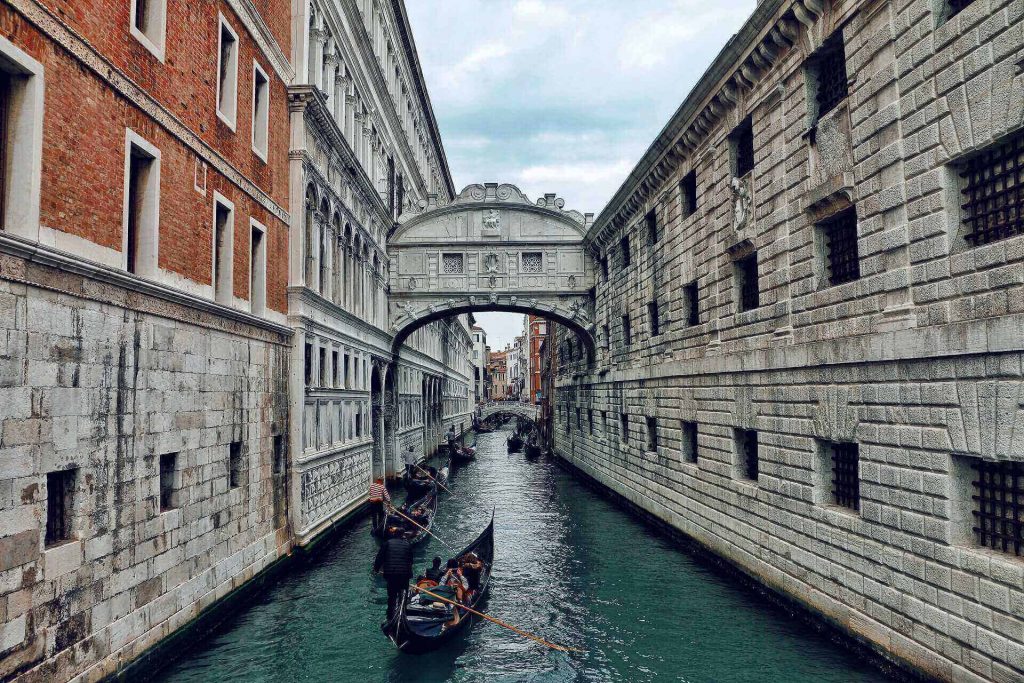Cuaderno del Viajero
Día 01.
MÁLAGA -FÁTIMA
Salida por la mañana con dirección a Fátima. Breves paradas en ruta, una de ellas para el desayuno (incluido). Llegada al hotel, acomodación y almuerzo. Tarde libre para visitar uno de los centros de peregrinación más importantes. Cena y alojamiento. Tras la cena tendremos la posibilidad de asistir a la procesión de las antorchas.
Día 02.
LISBOA
Desayuno y salida para conocer la ciudad de Lisboa. Nos trasladaremos hasta el barrio más turístico de la ciudad, el barrio de Belem, donde visitaremos el Monasterio de Santa María de Belem, más conocido como Monasterio de los Jerónimos y la Torre de Belem, los dos monumentos declarados Patrimonio de la Humanidad (entradas no incluidas). Tendremos también tiempo para probar los famosos pasteles de Belem. Continuaremos realizando una panorámica de la Plaza del Marqués de Pombal, El Rossio, Plaza de Comercio. Almuerzo en restaurante (incluido). Continuaremos a pie por el centro de la ciudad, visitando los exteriores de la Catedral y la Iglesia de San Antonio junto con el barrio más antiguo de la ciudad, el barrio de Alfama. Traslado al hotel, cena y alojamiento.
Día 03.
FÁTIMA – ELVAS – MALAGA
Desayuno y salida hacia Elvas, breve parada en esta ciudad catalogada por la UNESCO como Patrimonio de la Humanidad, que sorprende por la calidad de sus murallas y fortalezas .Almuerzo en restaurante (incluido). Continuación hacia Málaga .Breves parada en ruta. Llegada. FIN DEL VIAJE Y DE NUESTROS SERVICIOS.
Travel is the movement of people between relatively distant geographical locations, and can involve travel by foot, bicycle, automobile, train, boat, bus, airplane, or other means, with or without luggage, and can be one way or round trip. Travel can also include relatively short stays between successive movements.
The origin of the word "travel" is most likely lost to history. The term "travel" may originate from the Old French word travail, which means 'work'. According to the Merriam Webster dictionary, the first known use of the word travel was in the 14th century.
It also states that the word comes from Middle English travailen, travelen (which means to torment, labor, strive, journey) and earlier from Old French travailler (which means to work strenuously, toil). In English we still occasionally use the words "travail", which means struggle. According to Simon Winchester in his book The Best Travelers' Tales (2004), the words "travel" and "travail" both share an even more ancient root: a Roman instrument of torture called the tripalium (in Latin it means "three stakes", as in to impale).





